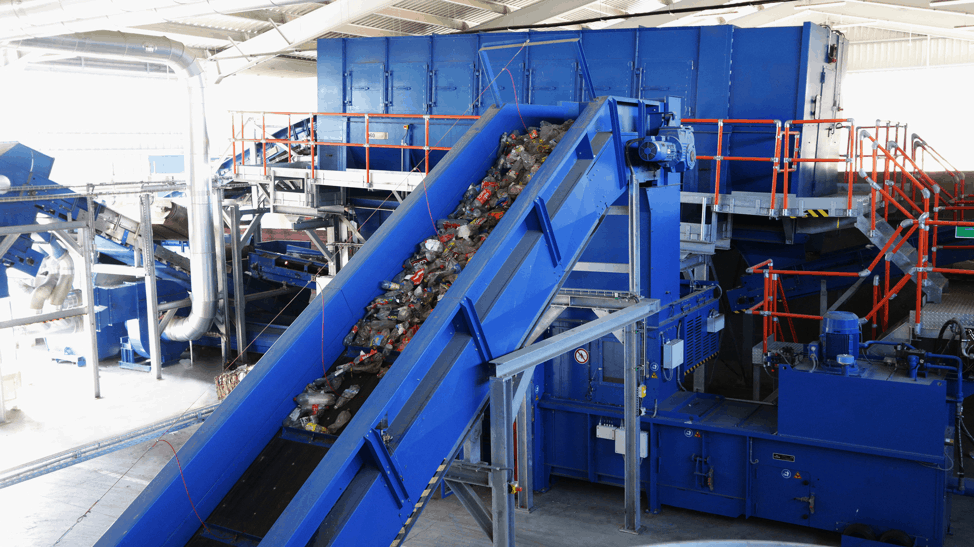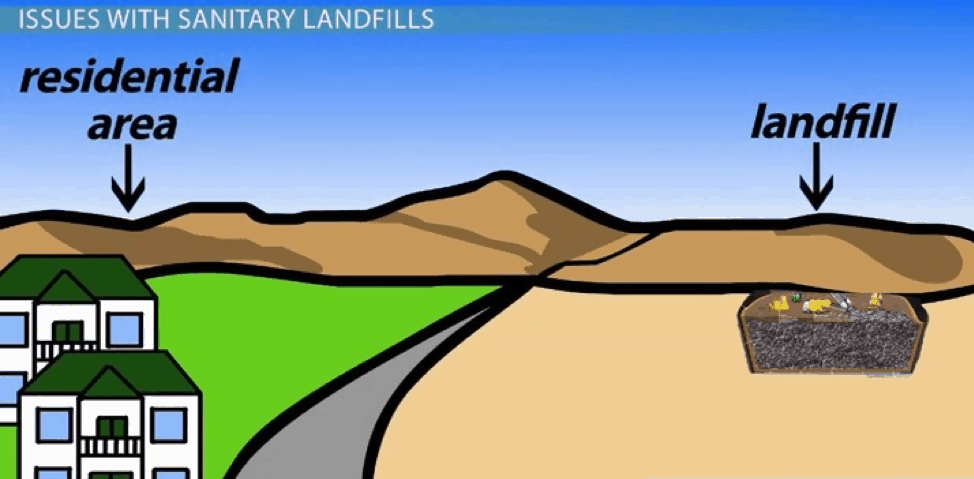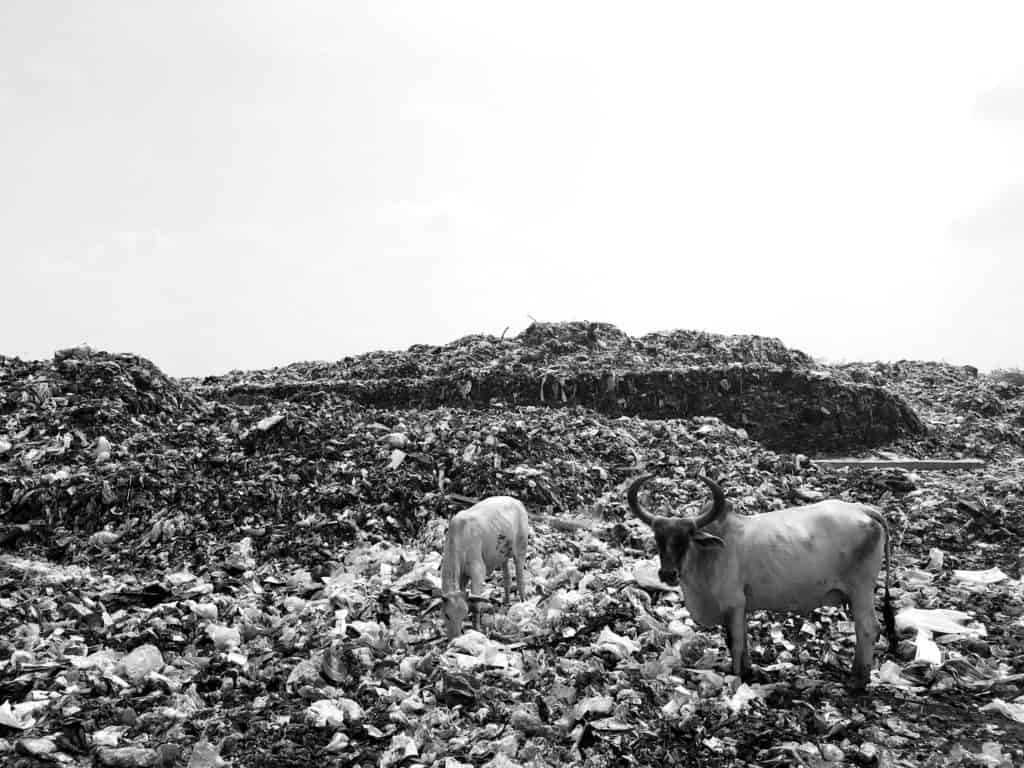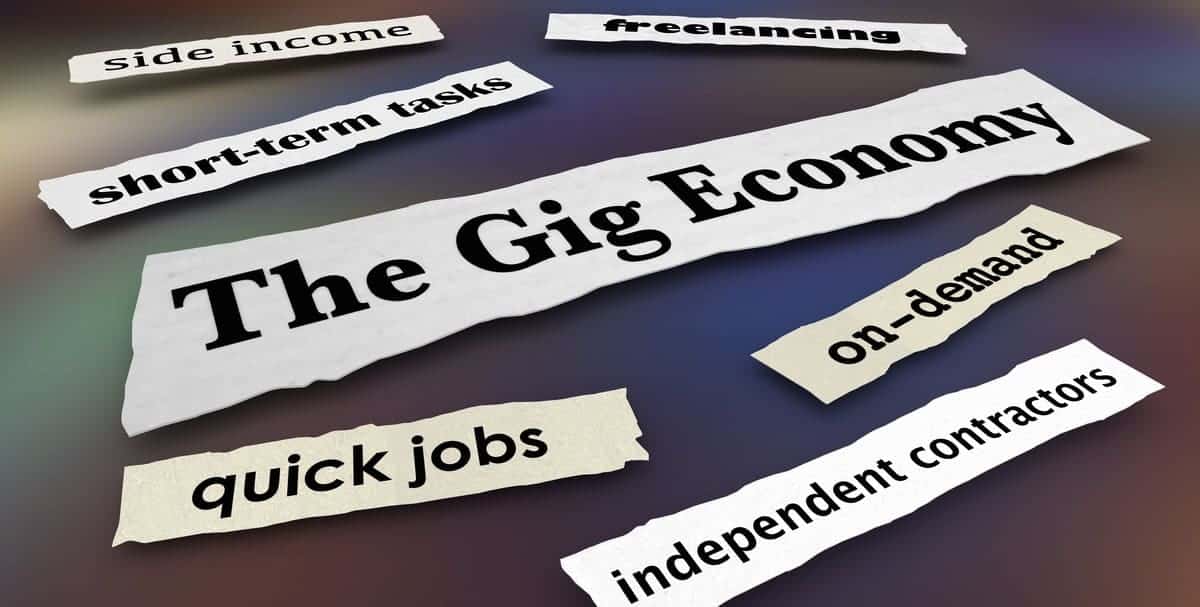Rajesh, the municipality waste collector, has always had arguments with the fellow PG mates. The reason for the constant wrangle is the PG fellows not segregating the solid and liquid waste into the different bins.
While this may seem like a stupid reason to have a quarrel on, it has actually been notified as one of the most important provisions of the Solid Waste Management Rules, 2016 in an attempt to put the responsibility of waste segregation on the waste generator – the people.
Sustainable Development
During our school days, we used to read about sustainable development, which meant, using the resources of the present times in such judicious manner that it doesn’t hamper the needs of the future generations. Unfortunately, humans have seldom cared about sustainable development, and how would they, when the chunk of the population doesn’t even know what sustainable development is.
Indian Government passed the Waste Management Rules which talked about the principle of “sustainable development”. In simple terms, it means to use the resources with precaution, so as to curb exploitation of the resources we get and do not increase the waste generated out of it hence.
But the rules are hardly followed. Infact, there is a proper demarcation of responsibilities of the people as well as the authorities, but the implementation is hardly in place.
For example, while the commercial homes – us people who generate the waste at home like vegetable peels, left over food, plastics and dust, are to properly segregate the waste at the home, we leave it on people like Rajesh, the municipality waste collector, to do.
What does this result in? More than 40% of the waste that is generated in the household hence doesn’t even make it to the collection bin.
Next comes the responsibility of the ones who
process the waste and either recycle it, reuse it, or dump it. You would be
shocked to believe that only about 15% of the waste is processed, which means
about 85% of the waste remains what it is – waste and hence pollutes the
environment. Ever noticed how the cows eat plastic waste in your locality?
Is Economic Development leading to environmental degradation and waste generation?
While we cannot deny the fact that economic development is important (can we imagine a life without air conditioners, and our laptop, and medical devices which are some important sources of e-waste, medical waste and solid waste), the fact is, the ones which is contributing heavily to the development is actually leading to more and more degeneration of the society and environment. But unfortunately, while we calculate the development of the nation, we focus on GDP, and not the effects it has on the environment.
What is it that the authorities are doing wrong?
One of the most basic and essential services that the municipality authorities are obliged to provide is to keep the urban space clean. But most municipal bodies either dump the solid waste in a dump yard within the city or place it outside the city haphazardly.
Municipalities have to collect the segregated waste and either send it to a Solid Waste Treatment Plant, or dump it in sanitary landfills outside the city.
a) Solid Waste Treatment Plant

b) Sanitary Landfill

But the issue with this is, the landfills are already full. The contractors who get the money for dumping the waste get it in proportion of the tonnes of waste they have in a particular landfill. So, they dump the waste there itself, thus leading to overflow of dump and yet again, leading to more waste management.
Furthermore, because of the transportation costs involved, the contractors dump the waste nearby the city itself in unauthorised locations. This is the reason why while places like Bandra seem clean, the waste dumped in satellite towns like Vasai in Mumbai is filled with dump and waste.
Different Types Of Waste Management Solutions
If the report from the IIT Kanpur (2006) is to be believed and analyzed, it is found that about 500,000 ragpickers can be provided with employment opportunities if even 15% of the waste generated is recovered. The lack of community participation, as well as that of nonprofits, further pushes down the efforts of waste management.
The issue with government’s allocation of money for the task is, only 25% of the money is utilised for processing and resource recovery, while 75% of the money is used only for collection and transportation. There should be proper allocation of money for each of the important steps.
Again, India should take lessons from countries like China and South Korea, who have come up with proper plans on implementation of waste management rules, particularly those concerning to electronic waste. Infact, China has altogether banned the import of waste from countries like USA, the waste which was used as a resource for manufacturing various products of China. If China can, why can’t we?
We are building 100 Smart Cities, so we should first focus on building civic bodies with a long term vision where the bodies are able enough to tackle the solid waste as per changing lifestyle. The garbage management in cities should be reinvented so as to process the waste and not landfill it.
But the above are just the solutions if you look at it from the administrative perspective. While the solution is talked about, the problem starts from a more social outlook that we have towards waste in general.
In a normal middle-class home, the waste collection is expected to be done by the mother or maid who is generally a female. This idea stems from the fact that the mother is responsible for cleaning the house, collecting all the garbage that we spread around, and keep the garbage bin outside for the collector to take it away.
Notice how when living in as a paying guest, a group of young literate people couldn’t even manage to segregate the waste properly into what constitutes the solid waste, and the liquid waste.
So, the bottom line is, it all folds into the way we see waste management as a responsibility. The most we can do is to clean the mess we make at our place. If each individual does this much, we can expect a lot more clarity on the concept of waste management in India.
The views and suggestions listed in the above article are individual views of the author.
To read about more such thought provoking stories about the “New India” please stay tuned to Yeh Hai India










